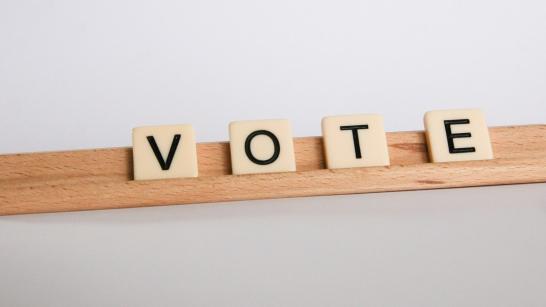Practical information

The last general elections (presidential and legislative) of December 30, 2018, in the Democratic Republic of Congo have repeatedly been postponed. The electoral campaign showed a clear imbalance among the candidates. Emmanuel Ramazani Shadary, the candidate of the majority in power appointed by the incumbent President Joseph Kabila, was able to cover the whole country, while some opposition candidates were prevented from reaching several cities. This created strong tensions between the militants of the majority in power and those of the opposition. According to the final results, the presidential election gave victory to Félix Antoine Tshisekedi Tshilombo, the leader of the historic opposition party, the UDPS. He obtained 38.5% of the votes against 34.83% for the other opposition candidate, Martin Fayulu. Emmanuel Ramazani Shadary, Kabila's successor scored 23.81%. However, in the legislative elections, the pro-Kabila coalition (FCC) obtained nearly 350 deputies out of 485 national deputies. The Cach coalition of the Félix Tshisekedi (UDPS) and Vital Kamerhe (UNC) tandem won only around fifty elected officials. Martin Fayulu's Lamuka coalition won about 80 MPs. The newly elected president shows a constant desire of change, but he finds himself powerless to impose his agenda and he is forced to deal with the incumbent President Joseph Kabila, who retains control over political institutions and security forces.
In this lecture, Martin Fayulu will share some insights into the functioning of the Congolese state, the organization of the electoral process, the respect of human rights, the vulnerability of political opponents. He will talk about what has changed (new political dynamics, pardon of political prisoners etc.) and what has not (liberty of expression and reunion etc.) and the relationship between Africa and Europe and the legacy of colonialism.
Martin Fayulu was born on November 21, 1956, in Kinshasa. He is from Kwilu Province, Bagata territory, Miti Mitanu village, Fatundu group. Martin Fayulu holds a master degree in economics (University of Paris XII, France), a postgraduate degree in management (Institut Supérieur de Gestion – Paris) and an MBA (European University of America – San Francisco). He entered politics in the 1990s. In 1993, he was elected member of the High Council of the Republic Parliament of Transition (HCR-PT). Elected in 2006, both provincial deputy for the city of Kinshasa and national deputy, he opted to sit in the Kinshasa Provincial Assembly. In March 2009, he participated at the creation of the Commitment for Citizenship and Development (ECiDé) party, of which he is the president. In the 2011 legislative elections, he was elected national deputy. He resigned in 2017 to protest against the postponement of the general elections. Martin Fayulu continues to lead the ECiDé, and he was chosen by the "Dynamics of the Opposition" Political Electoral Group, of which he is the coordinator, as its candidate for the presidential election of December 23, 2018.